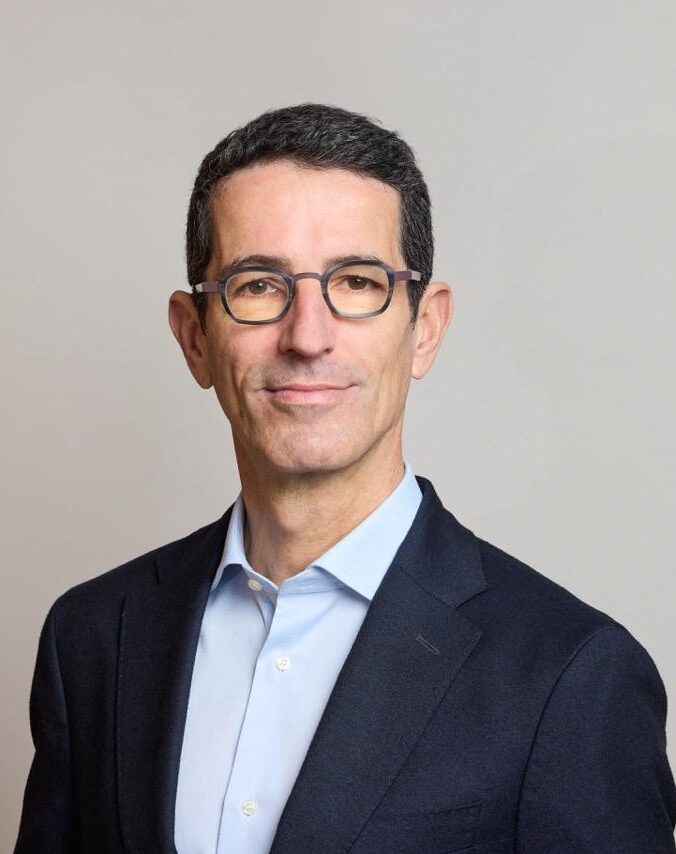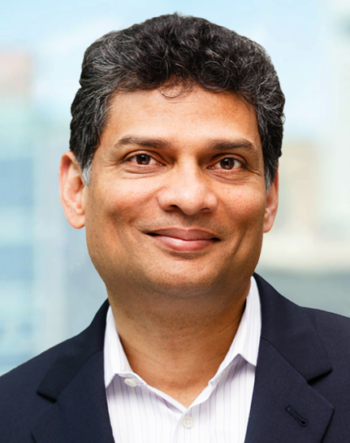Welcome to Vor Bio
Vor Bio is a clinical-stage biotechnology company transforming the treatment of autoimmune diseases. Our goal is to bring life-changing therapies to patients worldwide who are living with serious, autoantibody-driven conditions.
This dual-target mechanism reduces autoreactive B cells and autoantibody production, key drivers of autoimmune pathology.
In a Phase 3 clinical trial in generalized myasthenia gravis in China, telitacicept demonstrated a 4.8-point improvement in MG-ADL (Myasthenia Gravis Activities of Daily Living scale) vs. placebo at 24 weeks, the primary endpoint of the trial.
Telitacicept is approved in China for systemic lupus erythematosus (SLE), rheumatoid arthritis (RA), and generalized myasthenia gravis (gMG). A global Phase 3 clinical trial in gMG is currently underway across the United States, Europe, and South America to support potential approval in the United States and Europe.
With the leadership of our new CEO and Chairman, Jean‑Paul Kress, M.D., and the support of a significant strategic investment, we are entering an exciting new phase—focused, well-capitalized, and driven by a commitment to improving outcomes for patients with autoimmune disease.


CAMBRIDGE, Mass., July 10, 2025 (GLOBE NEWSWIRE) — Vor Bio (Nasdaq: VOR), a clinicalstage biotechnology company transforming the treatment of autoimmune diseases, today announced the appointment of Sandy Mahatme as Chief Financial Officer and Chief Business Officer, effective July 9, 2025.
CAMBRIDGE, Mass., June 25, 2025 (GLOBE NEWSWIRE) — Vor Bio (Nasdaq: VOR), a clinical-stage biotechnology company transforming the treatment of autoimmune diseases, today announced that it has entered into a securities purchase agreement for a private placement in public equity financing (the “PIPE”) that is expected to result in gross proceeds of approximately $175 million, before deducting expenses.
CAMBRIDGE, Mass., June 25, 2025 (GLOBE NEWSWIRE) — Vor Bio, Inc. (Nasdaq: VOR) and RemeGen Co., Ltd. (HKEX: 9995, SHA: 688331) today announced entry into an exclusive license agreement granting Vor Bio global rights (excluding China, Hong Kong, Macau and Taiwan) to develop and commercialize telitacicept, a novel dual-target fusion protein approved in China for generalized myasthenia gravis (gMG), systemic lupus erythematosus (SLE), and rheumatoid arthritis (RA).
Randomized Phase 2 Trial of Telitacicept in Patients With IgA Nephropathy With Persistent Proteinuria (Kidney Int. Rep. 2022 Dec 29)